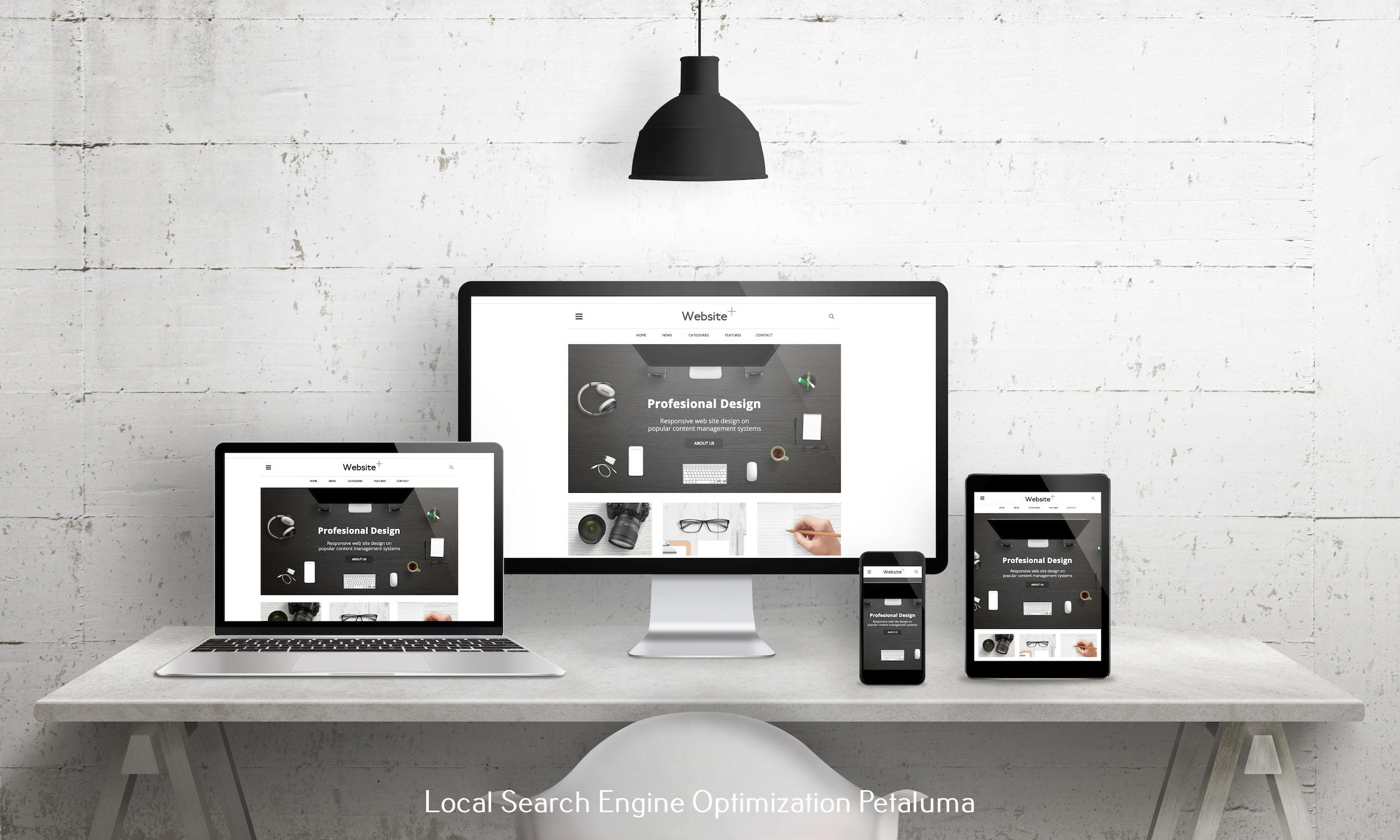Are you looking to boost your website's search engine visibility and attract more potential customers? Look no further than optimizing your keywords and meta descriptions. These two elements play a crucial role in improving your SEO impact and driving traffic to your website. In this guide, we'll walk you through everything you need to know about maximizing SEO impact through keyword optimization and meta descriptions.
Understanding Keywords
Keywords are the words or phrases that people use when searching for products, services, or information online. These are the terms that describe what a particular webpage is all about. It is crucial to identify the right keywords for your business as they can significantly impact your website's ranking on search engines.
Start by creating a list of relevant keywords that are related to your business. Put yourself in the shoes of your target audience and think about what words they would use when searching for businesses like yours. Consider using long-tail keywords, which are longer and more specific phrases, as they tend to have lower competition but higher conversion rates.
Once you have a list of potential keywords, it's time to do some research. Tools like Google Keyword Planner or SEMrush can provide valuable insights into keyword search volume, competition level, and cost-per-click (CPC). This information will help you determine which keywords are worth targeting for maximum SEO impact.
Optimizing Keywords in Website Content
Now that you have identified the right keywords for your business, it's time to strategically incorporate them into your website content. Here are some tips on how to optimize keywords effectively:
1. Use Keywords Naturally: Avoid stuffing too many keywords into your content as this can come across as spammy and hurt your SEO efforts. Instead, use them naturally throughout the content so that it reads well for both humans and search engines.
2.Use Keywords in Title Tags: Title tags are HTML elements that define the title of a webpage. Including relevant keywords in these tags helps search engines understand what the page is about and can improve your ranking.
3. Incorporate Keywords in Headings: Use your keywords in the headings and subheadings of your content. This not only helps with SEO but also makes it easier for readers to scan through and find the information they are looking for.
4. Include Keywords in Image Alt Text: Search engines cannot read images, so including keywords in the alternative text (alt text) of your images helps them understand what the image is about. This can also improve your website's accessibility for visually impaired users.
5. Don't Forget Meta Descriptions: We'll dive into meta descriptions more in the next section, but it's worth mentioning here that including relevant keywords in your meta descriptions can also help with SEO.
Understanding Meta Descriptions
Meta descriptions are short snippets of text that appear below the title tag on search engine results pages (SERPs). They provide a brief summary of what a webpage is about and can influence whether a user clicks on your link or not. Although meta descriptions do not directly impact search engine ranking, they play a crucial role in attracting potential customers to your website.
Tips for Writing Effective Meta Descriptions
1. Keep it Concise: As mentioned earlier, meta descriptions are short snippets of text, so aim to keep them under 160 characters to ensure they don't get cut off on SERPs.
2.Use Keywords: Including relevant keywords in your meta description can help improve its click-through rate (CTR). However, avoid keyword stuffing as this can make it sound unnatural and unappealing to potential customers.
3. Create a Sense of Urgency: Consider using action words or phrases like “limited time offer” or “exclusive deal” to create a sense of urgency and entice users to click on your link.
4.Include a Call-to-Action (CTA): A strong CTA encourages users to take action, whether it's visiting your website or making a purchase. Use phrases like “learn more” or “shop now” to prompt users to click on your link.
5. Make it Relevant: Your meta description should accurately reflect the content on your webpage. This not only helps with SEO but also ensures that users find the information they are looking for when they click on your link.
Incorporating Keywords and Meta Descriptions in Blog Posts
Blogs are an essential part of content marketing and can significantly impact your website's SEO. When writing blog posts, consider incorporating your target keywords naturally throughout the content and in the title, headings, alt text, and meta description.
Additionally, make sure each blog post has a unique meta description that accurately reflects the content of the post. This will help improve its visibility on search engine results pages and increase its chances of being clicked on by potential customers.
In Conclusion
Optimizing keywords and meta descriptions is a crucial aspect of digital marketing that can significantly impact your website's SEO performance. By understanding how these elements work and implementing them effectively in your website content, you can attract more potential customers to your business and improve its online visibility. So take some time to research and identify relevant keywords for your business, incorporate them naturally into your content, and create compelling meta descriptions that entice users to click through to your website. With these tips in mind, you'll be well on your way to maximizing SEO impact for your business in North Bay and Sonoma County!






































0 Comments